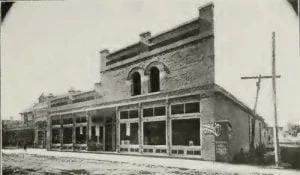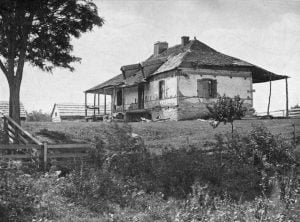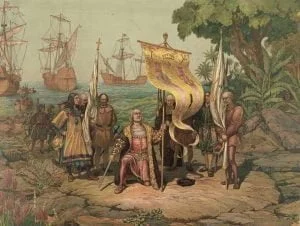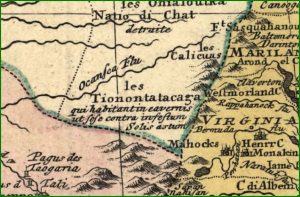The Conner Family of Prairie du Rocher Illinois
There are few citizens of American blood, native born in Randolph County, who date their birth back as far as does Mr. W. S. Conner, a resident of the southern part of Township five — eight. He was born within a quarter of a mile of his present residence, in the year of 1815. He was the son of Henry Conner, who was born in Maryland and moved to Kentucky when ten years old, about the year 1795. The Conner family is of Irish extraction. The name was formerly spelled “O’Connor,” in which form it will be easily recognized as … Read more






